Research digest
-

PTSD edition
Trauma can occur in many forms from single exposure to a life-threatening or fear-inducing event, to sustained trauma ranging from neglect, other abuses, famine or war. All of which can present in clinical practice.
Read more -
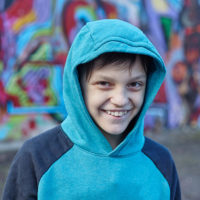
Practitioner recommendations for PTSD: a 2018 update
In 2018, Patrick Smith, Tim Dalgleish and Richard Meiser-Stedman compiled a Practitioner Review for the Journal of Child Psychology and Psychiatry on post-traumatic stress disorder (PTSD) and its treatment in children and adolescents. In their report, the researchers provide updates on the estimated rates of trauma exposure, and the incidence and course of PTSD in children.
Read more -

Eye movement desensitization and reprocessing improves PTSD symptoms in children
Practice guidelines for childhood post-traumatic stress disorder (PTSD) recommend trauma-focused psychological therapies as the first-line treatment. The primary approach is trauma-focused cognitive behavioural therapies, which have a large evidence base.
Read more -
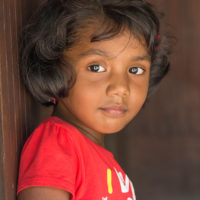
Trauma-focused group intervention is superior to usual care for young refugees
Data from a randomised controlled trial show that trauma-focused group intervention delivered by trained social workers in addition to usual care (UC) is more effective in reducing post-traumatic stress symptoms (PTSS) in young refugees than UC alone.
Read more -

Foster care promotes adaptive functioning in early adolescence among children who experienced severe, early deprivation.
Experiences in our early life can have long-term consequences on development. Children who have experienced severe deprivation, in the form of institutional care (orphanages), are at greater risk to experience a range of social, emotional, and cognitive difficulties. In fact, much of the research tracing long-term consequences of early adversity have come from a deficit model (i.e., “what goes wrong for those with negative experiences”).
Read more -

Early cognitive therapy for traumatised young people works and is also cost-effective
More than half of children and adolescents will experience traumatic events like vehicle accidents, house fires, or violence. However, brief counselling for young people in the immediate aftermath of an acute traumatic event has not be shown to be any more effective than not intervening and allowing natural recovery to take its course.
Read more -
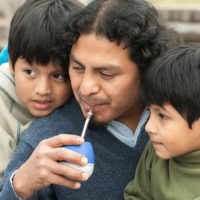
Parental responses in predicting children’s PTSD
Many children will be exposed to a potentially traumatic situation at some point in their childhood -that is, an event where there is a potential threat to life or of serious injury to the child, or to someone close to them. These events can range from common unintentional or accidental traumas, such as car accidents or serious sporting accidents, to deliberate harm, such as assault or maltreatment. Such trauma exposure can have a significant negative impact on a child’s psychological wellbeing.
Read more -
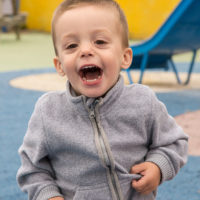
Barriers to improving access to therapy treatment for tics in the UK
The European clinical guidelines for Tourette Syndrome suggest that behavioural therapies (BT) are ‘first line treatments for tics for both children and adults’. However, according to Dr Tara Murphy and Dr Seonaid Anderson and colleagues, a barrier to delivering this in the UK is a lack of access to specialised psychologists and therapists.
Read more -
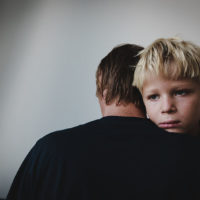
Access to evidence-based behavioural interventions needs improving for children affected by Tics
In 2016, Chris Hollis and colleagues compiled a Practitioner Review for the Journal of Child Psychology and Psychiatry evaluating the most effective and well-supported interventions for children and young people affected by Tourette syndrome and chronic tic disorder. Here, they discuss the key findings from their systematic review, and highlight that children and young people affected by tics require improved access to evidence-based behavioural interventions.
Read more -
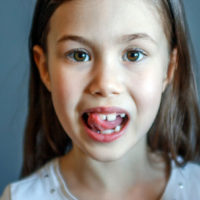
Sensory-action binding: a new facet of Gilles de la Tourette Syndrome?
Gilles de la Tourette syndrome (GTS) is a neuropsychiatric disorder characterised by a persistent motor or vocal tic present for >1 year.
Read more